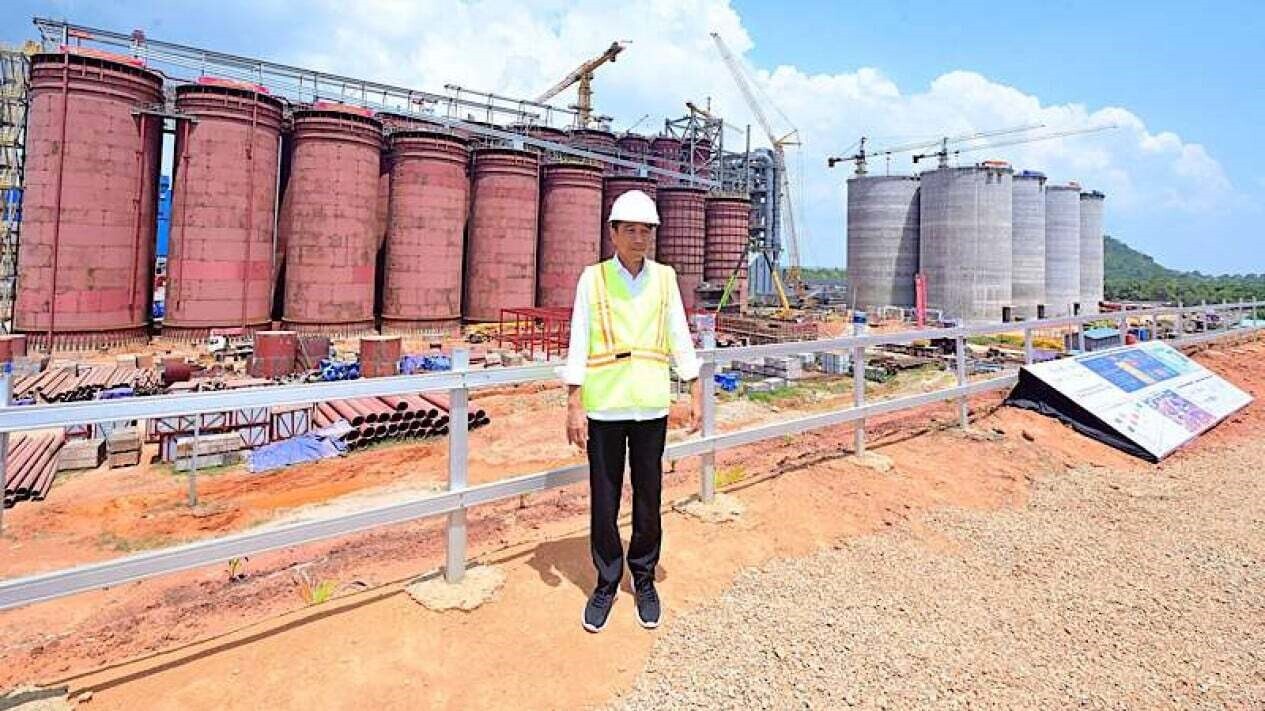

The development of Indonesia’s aluminium downstream industry holds substantial promise despite the slow progress seen in recent years. A senior government official recently revealed that only one of the eight alumina refinery projects in the government's ambitious pipeline has shown significant progress. This underwhelming advancement highlights the urgent need for strategic intervention to unlock this sector's full potential.

The Indonesian government's construction of alumina refineries aims to enhance the added value of domestically mined bauxite minerals.
On June 21, 2024, Irwandy Arif, an expert staff member at the Ministry of Energy and Mineral Resources (ESDM), said, "The Minister of Energy and Mineral Resources has ordered direct field supervision for eight alumina refinery projects. Of these eight, seven refinery projects show no progress. In our term, they are still green fields, while one alumina refinery project is about to finish."
The alumina refinery project showing progress belongs to PT Borneo Alumina Indonesia, a project initiated by the state-owned mining company PT Aneka Tambang in Mempawah Regency, West Kalimantan.
According to Irwandy, the government had initially granted permission to eight bauxite mining companies to export their raw bauxite ores to accumulate funds for building refineries. However, by 2023, the government observed that progress had yet to be made in seven of these projects and subsequently decided to ban the export of bauxite ores.
However, Irwandy accepted by stating that “One of the reasons is they have no sufficient funds to build smelters."
Although building an alumina refinery holds significant potential, the Indonesian government must address several challenges. One major issue is the substantial investment required. According to Ronald Sulistyanto, Daily Executive Chair of the Indonesian Bauxite and Iron Ore Entrepreneurs Association (APB3I), establishing a single alumina refinery demands capital of up to US$ 1.2 billion, or approximately Rp. 18.2 trillion. This level of investment can pose a barrier for investors, particularly those from within the country.
Irwandy mentioned that the government had facilitated seven alumina refinery projects in their search for investors and partners by organising investor forums for bauxite mining companies. Despite these efforts, only one smelter project secured funding from investors and partners.
“As long as the project is feasible with projected strong demands, banks and investors will be interested”,” Irwandy said.
Apart from funding, another critical factor is power. Electricity costs for alumina refining are significant, necessitating cooperation with the state electricity company PT PLN.
Responses








